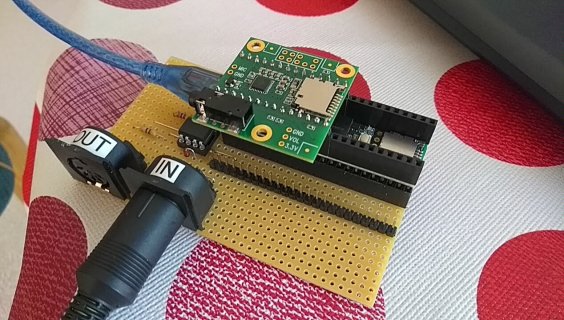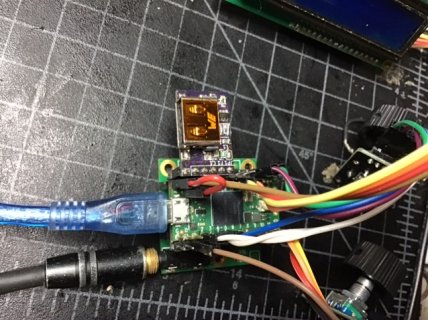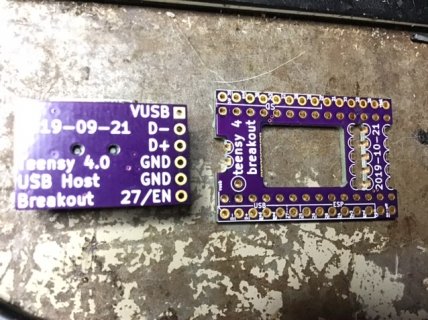Hi all,
I started to port the a DX7 simulation named Dexed towards the Teensy. I already ported the code from JUCE to LV2 (https://github.com/dcoredump/dexed/tree/native-lv2) on i386 and ARM, for using it onto the Mod-Duo and Zynthian.
Currently I have some trouble with the basics of Teensy and the Audio library (see here) - but I hope this can be solved - or there maybe a better way. If someone has fun to help coding, please let me know!
Regards, Holger
I started to port the a DX7 simulation named Dexed towards the Teensy. I already ported the code from JUCE to LV2 (https://github.com/dcoredump/dexed/tree/native-lv2) on i386 and ARM, for using it onto the Mod-Duo and Zynthian.
Currently I have some trouble with the basics of Teensy and the Audio library (see here) - but I hope this can be solved - or there maybe a better way. If someone has fun to help coding, please let me know!
Regards, Holger




